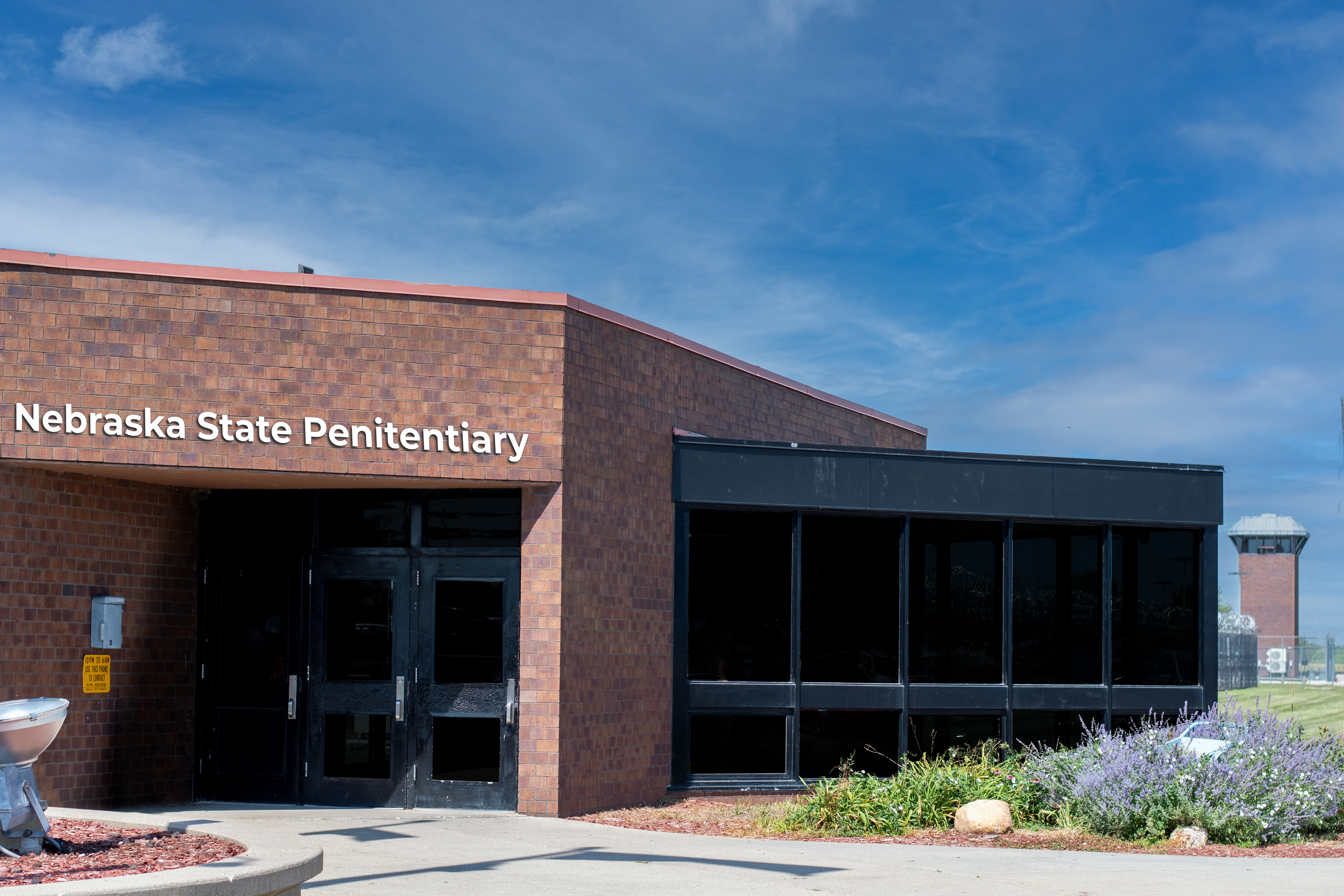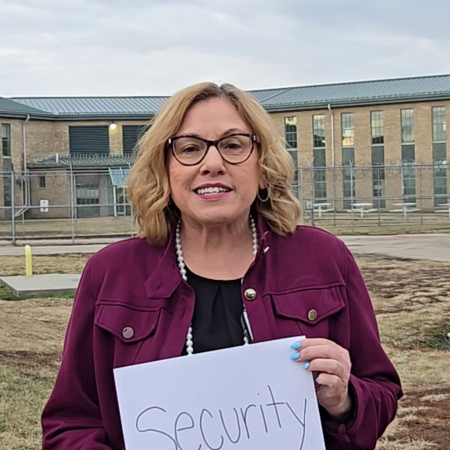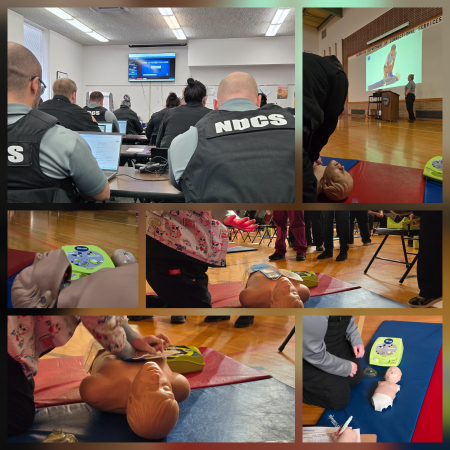
Nebraska State Penitentiary

4201 S 14th St.
Lincoln, NE 68502
United States
P.O. Box #22500
Lincoln, NE 68542-2500
United States
The Nebraska State Penitentiary (NSP) located in Lincoln, Nebraska is the oldest state correctional facility in Nebraska, opening in 1869. Until after World War I, it was the only adult correctional facility in the state.
During 1980-1981, the existing cellblocks constructed during the second half of the 19th century were replaced by four (later five) modular housing units. A new administrative complex and an EPA approved multi-fuel power plant were also completed at the same time. An existing dormitory building constructed in the 1950's was retained as a medium security facility and two new 100 bed dormitory units were opened in 1998. A 36- bed control unit built in the 1950’s was previously used as a high security segregation facility. In 2020, steps were finalized to transform that space to Minimum A custody general population housing for men who work in the facility’s shops. In addition to housing, a dayroom, gaming room and library/study were added. The Industries Plant, Laundry, Religious Center and other support buildings were retained from the older facility as well.
NSP has been accredited by the American Correctional Association since 1985.
The inmate population at NSP consists primarily of inmates ranging in age from 21 and older who are serving sentences of varying length. NSP uses the unit management concept designed to improve control and staff/inmate relationships by dividing the larger institution population into smaller, more manageable groups and to improve and personalize the delivery of rehabilitative services. In addition to maximum and medium security inmates, NSP maintains three housing units with minimum security inmates, including a residential substance abuse unit.

